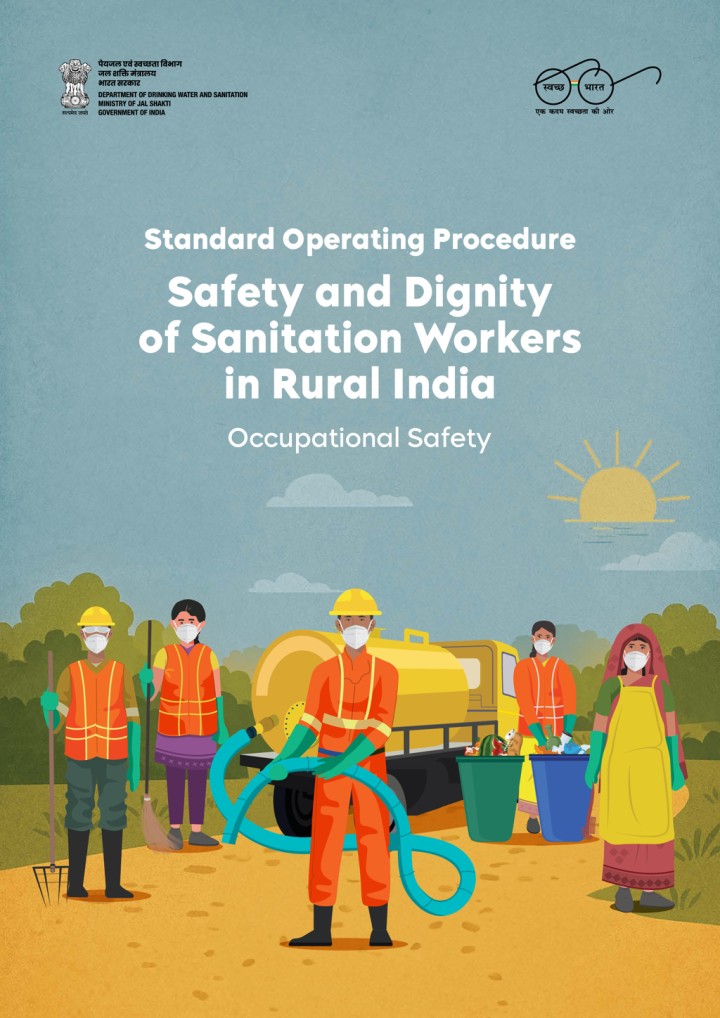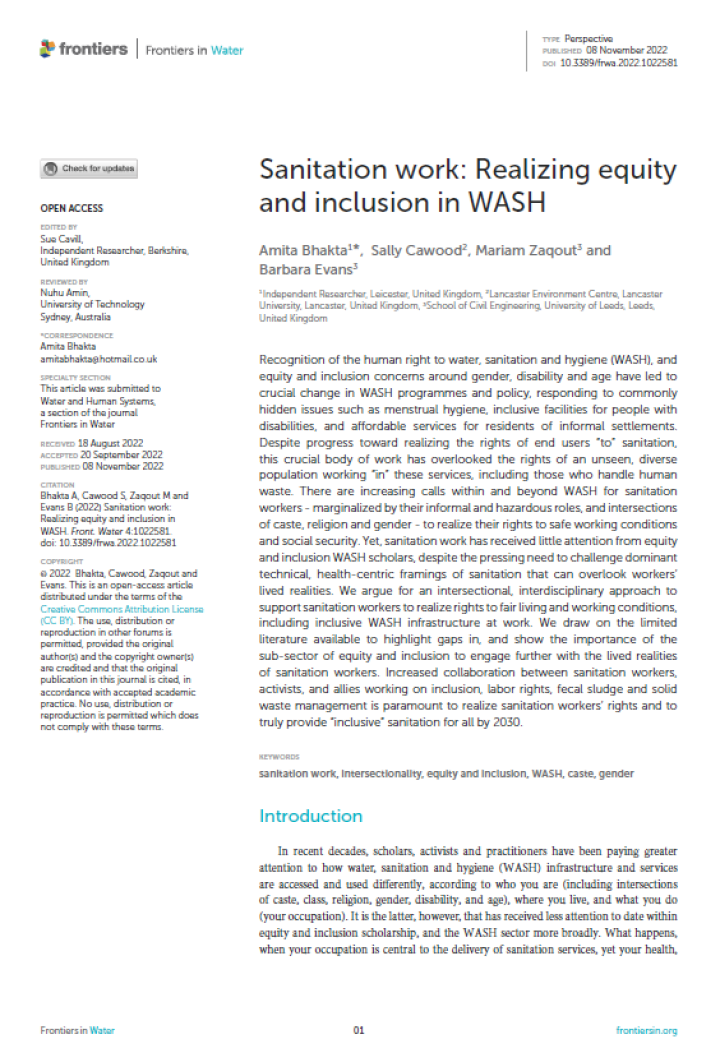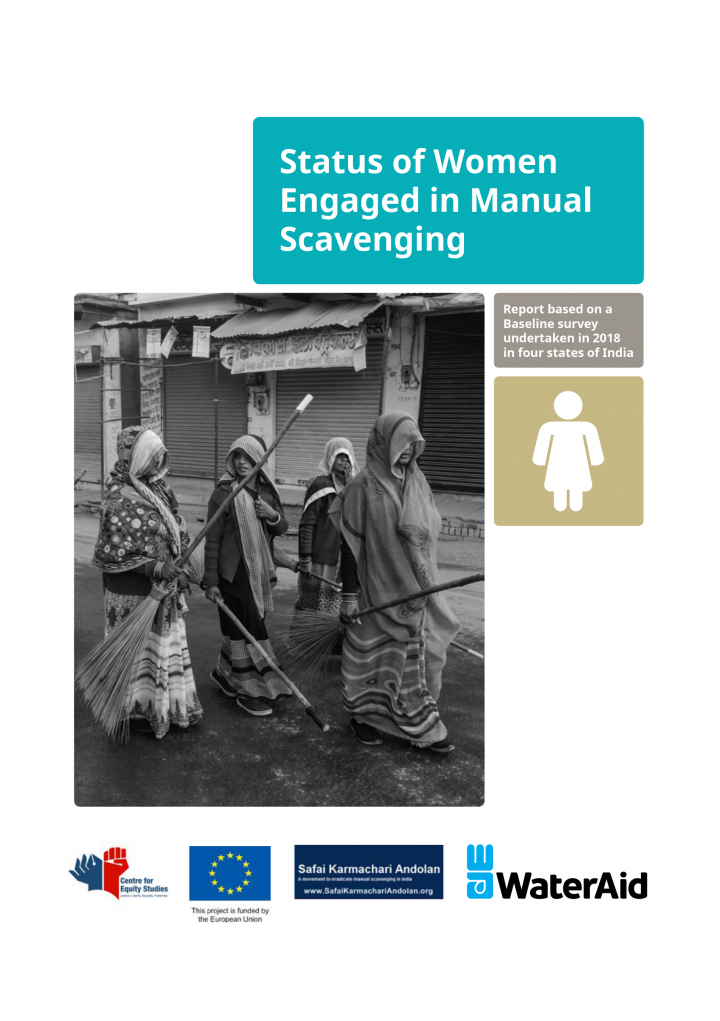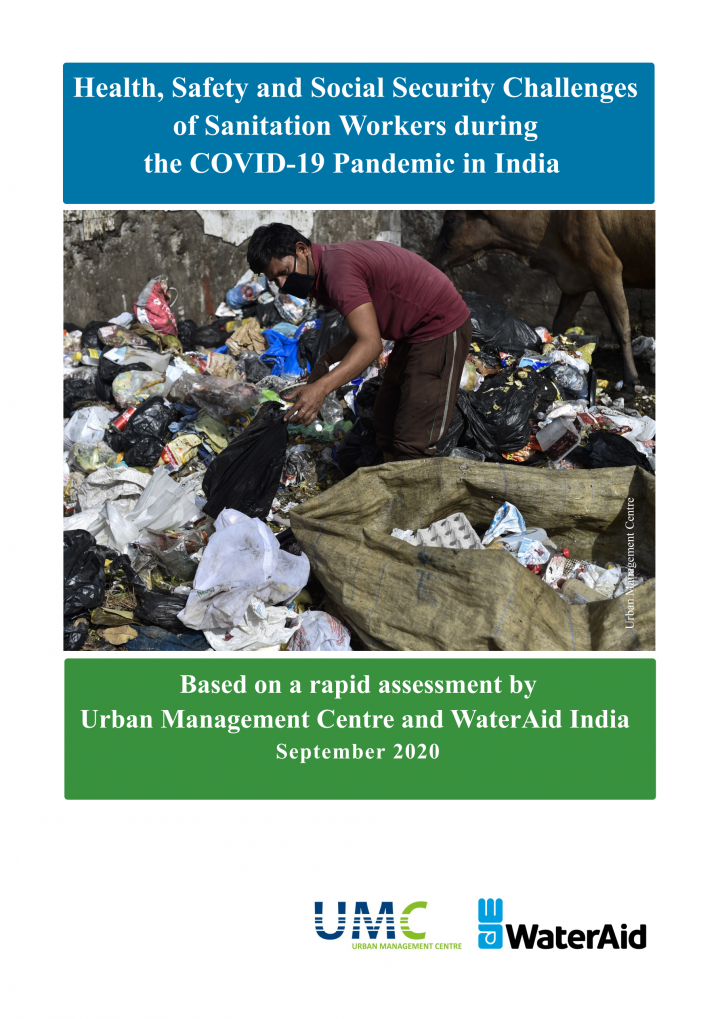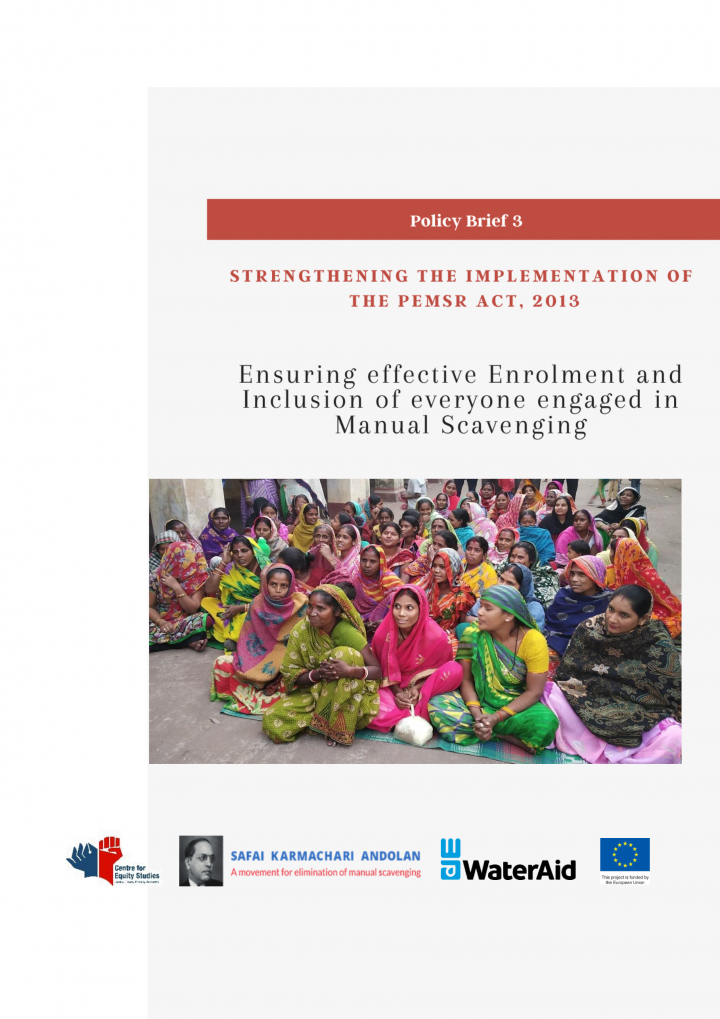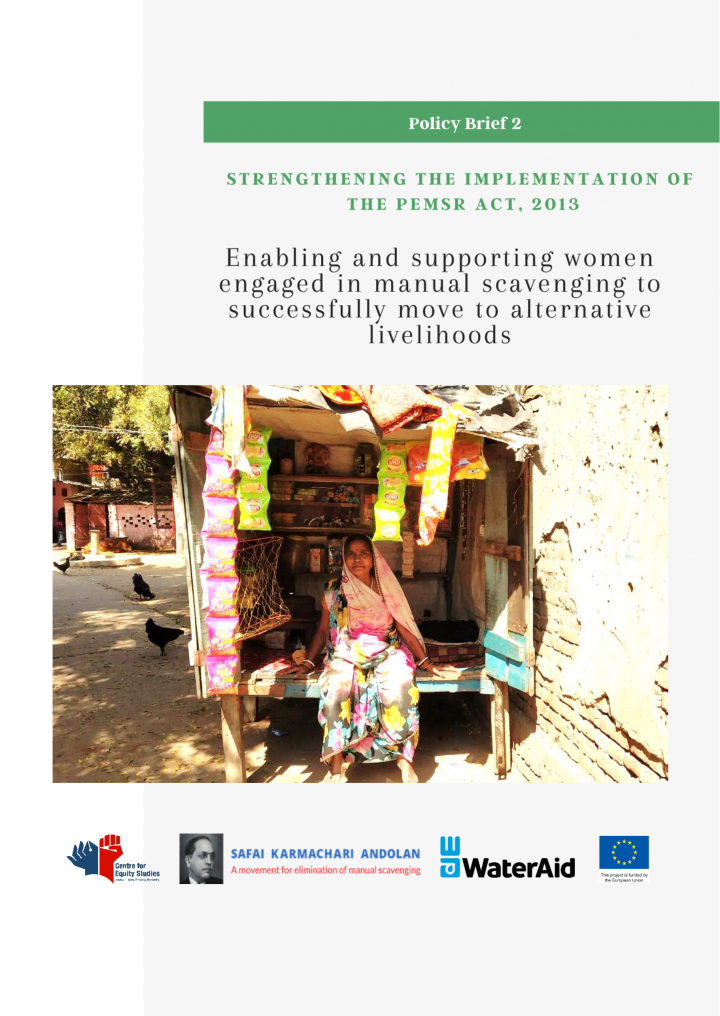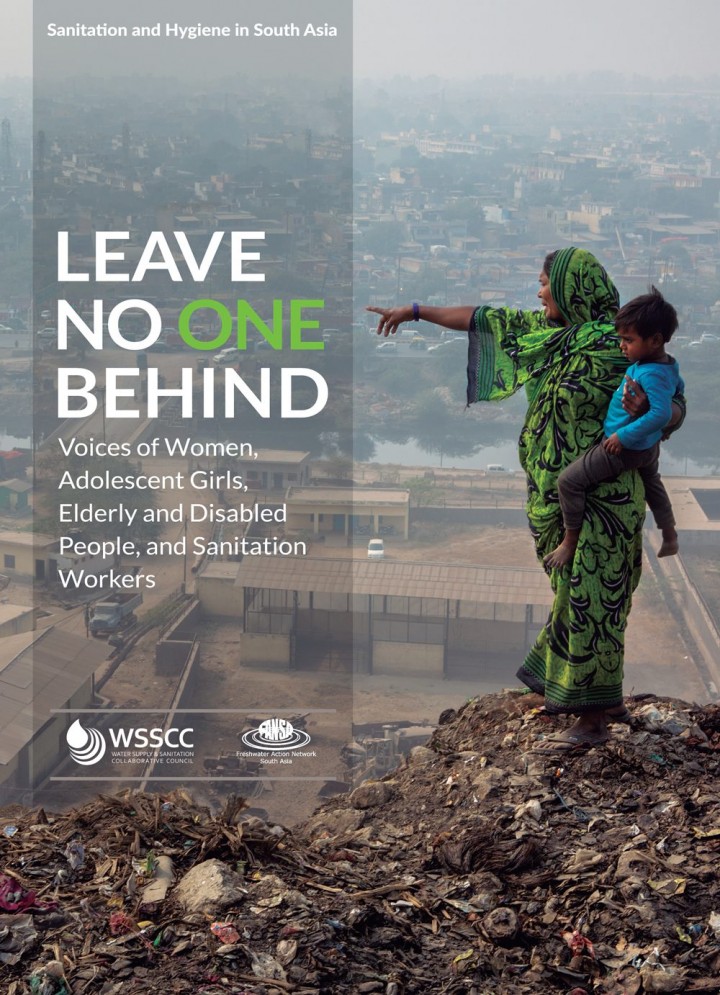Gender and WASH (Water, Sanitation, and Hygiene) are two important issues that are intricately connected. WASH is a fundamental human right, as access to clean water, sanitation facilities, and proper hygiene practices are essential for good health and well-being. However, access to WASH is not equal across all genders, with women and girls often facing greater challenges and barriers to accessing these basic needs.
The intersection of gender and WASH is complex and multifaceted. Gender norms and roles often determine who has control over water resources, who is responsible for sanitation and hygiene practices, and who has access to WASH facilities. For example, in many cultures, women and girls are responsible for fetching water, which can be time-consuming and physically demanding, often preventing them from attending school or engaging in other productive activities.
Gender-based violence is also a significant concern in the context of WASH, as lack of privacy and safety in sanitation facilities and water sources can put women and girls at risk. Furthermore, menstrual hygiene management is often neglected in WASH programs, which can have significant health consequences for girls and women.
Menstrual health and hygiene (MHH) is an important aspect of the intersection between gender and WASH. Access to menstrual hygiene products and facilities that support safe and dignified menstrual management is a critical aspect of WASH that affects the health, education, and overall well-being of girls and women. Inadequate access to menstrual hygiene products and facilities can lead to poor menstrual hygiene practices, which can result in infections, skin irritation, and other health issues. In addition, the lack of safe and private facilities for menstrual management can result in girls and women missing school or work, leading to lost opportunities and increased vulnerability.
Addressing gender inequalities in WASH is crucial for achieving the Sustainable Development Goals (SDGs), particularly SDG 5, which focuses on gender equality and empowering all women and girls. It requires a comprehensive and intersectional approach that recognizes the diverse needs and experiences of different genders and promotes their meaningful participation in decision-making processes related to WASH.
Post from BennyChabalaFilumba on 16.07.2025
Beyond Buckets and Pipes
Total Replies: 1 • Last reply from BennyChabalaFilumba on 16.07.2025
Department of Drinking Water and Sanitation, Ministry of Jal Shakti, Government of India (2025)
Safety and Dignity of Sanitation Workers in Rural India
Standard Operating Procedure
The sanitation workers of rural India perform some of the most essential yet challenging duties in our communities. Their daily work ensures cleaning surroundings, thereby preventing disease outbreaks, and safeguarding public health. However, the occupational risks they face and the social stigma they endure have long remained under-addressed. The Department […]
Amita Bhakta, Sally Cawood, Mariam Zaqout and Barbara Evans (2022)
Sanitation work: Realizing equity and inclusion in WASH
Recognition of the human right to water, sanitation and hygiene (WASH), and equity and inclusion concerns around gender, disability and age have led to crucial change in WASH programmes and policy, responding to commonly hidden issues such as menstrual hygiene, inclusive facilities for people with disabilities, and affordable services for […]
Sanitation Workers Forum 2021 (2022)
Thematic Session 4: Gender, Intersectionality & Sanitation Work
*French with English translation*
This session examines the intersectional dimensions of sanitation work relating to gender, caste, class, race and age (including inter-generational change). The speakers cover particular challenges for women sanitation workers in India, Côte d'Ivoire, Madagascar and Senegal, and explore ways in which to visibilise often hidden or […]
WaterAid (2020)
Status of Women Engaged in Manual Scavenging
The baseline survey was conducted in the four states of Bihar, Madhya Pradesh, Uttar Pradesh and Jharkhand. This report has analysed the data generated for the following areas:
a. Manual scavenging (MS) and dry latrines
b. Prevalence of stigma, discrimination, untouchability, gender and caste-based discrimination and violence
c. Participation in community led initiatives […]
UMC, WaterAid (2020)
Health, Safety and Social Security Challenges of Sanitation Workers during the COVID-19 Pandemic in India
While sanitation workers already face several health and safety risks, financial challenges and stigma due to the nature of their work and caste-based discrimination, the COVID-19 pandemic has further added to their challenges and vulnerabilities. The Urban Management Centre and WaterAid India jointly conducted a rapid assessment to understand the […]
Mander, H., Kumbhare, S., Bhattacharya, A., Chanchani, M. (2020)
Ensuring effective Enrolment and Inclusion of everyone engaged in Manual Scavenging
In the 64th year of the Republic the nation, it was recognized formally through a legislative act, for the second time after the initial 1993 act, that the “dehumanising practice of manual scavenging, arising from the continuing existence of insanitary latrines and a highly iniquitous caste system” that “still persists […]
Mander, H., Kumbhare, S., Bhattacharya, A., Chanchani, M. (2020)
Enabling and supporting women engaged in manual scavenging to successfully move to alternative livelihoods
In India, gender and caste plays a dominant role in the kinds of jobs that women in the workforce are employed in. It is well established that caste and patriarchy are the main compulsive factors that force people, especially women of the specific scheduled caste communities, into manual scavenging. They […]
WSSCC, FANSA (2015)
Leave No One Behind - Voices of Women, Adolescent Girls, Elderly and Disabled People, and Sanitation Workers
This publication summarizes the sanitation and hygiene hopes and aspirations of thousands of women and men of different ages and physical ability, across rural and urban areas in eight South Asian countries. In these countries, over a billion people are without safe sanitation. They represent individuals and groups rarely heard […]
()
COMBINING ART & WASH SYSTEMS TO IMPROVE WASH INFRASTRUCTURE IN SHEOHAR
The project’s aim was to promote the development of high-quality drinking water and sanitation services that would be accessible to everyone in the Sheohar district and sustained by local communities, businesses, and governments.
Like many regions in India, the district of Sheohar faces numerous challenges related to water, sanitation, and hygiene (WASH). Water contamination and open defecation have made illness common in many villages, and at the district level, almost 14% of children under the age of five were reported as experiencing diarrhea […]
()
Developing Guidelines for Decentralised Wastewater Treatment Systems
The development of National Guidelines was one key instrument to facilitate a focused dialogue, for knowledge management, to create awareness, acceptance and capacities. These Guidelines are a reference for more detailed legislation, standards and manuals
In this project the performance of Decentralised Wastewater Treatment Systems (DEWATS) was evaluated, policies and guiding documents were reviewed and National Guidelines were developed in collaboration with key sector actors. The Guidelines were endorsed by the Ministry of Water (Tanzania). In order to operationalize the Guidelines trainings based on the […]
